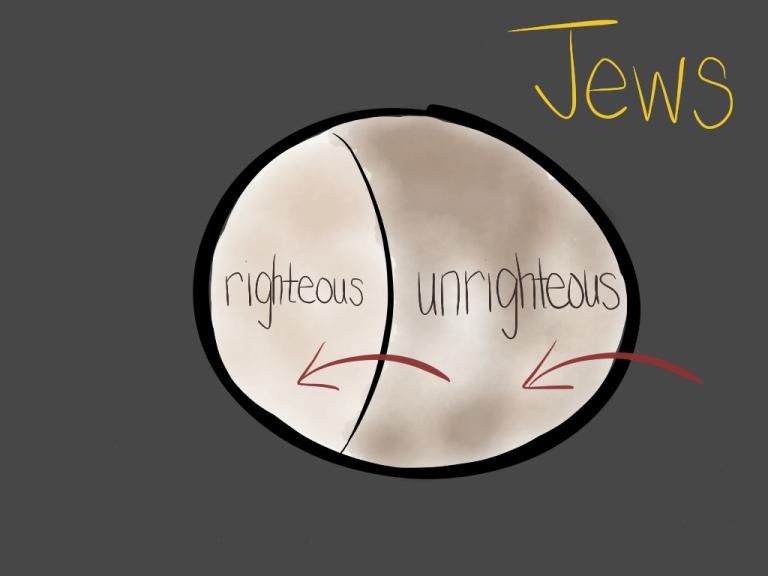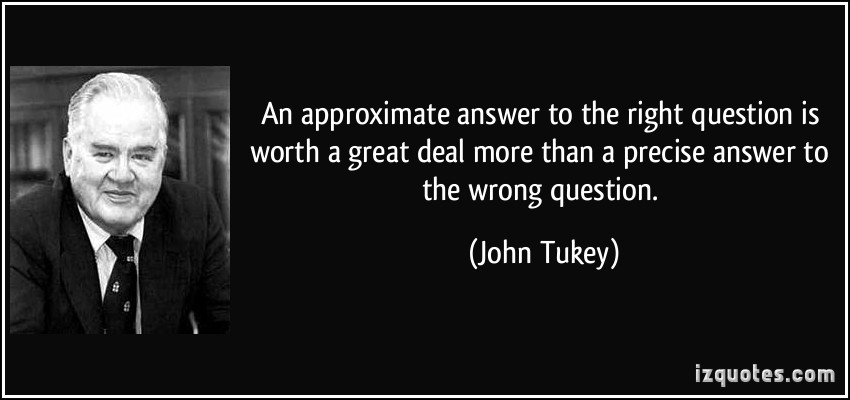The traditional perspective on justification gives a right answer to the wrong question. As a consequence, many people are teaching a true but nevertheless westernized view of justification. We can do better than this.
In the last post, I explained that Paul’s Jewish opponents not only wanted “achieved righteousness” (per traditional Protestant teaching); they also believed in “ascribed righteousness.” That is, they thought the honor of being reckoned righteous was a privilege given only to Jews. Therefore, the Jews confused the meaning of righteousness. They misunderstood who could be righteous.
What is Paul’s Solution?
We must not reduce Paul simply to talking about “how to be saved” versus “who can be saved.” Rather, Paul explains who can be saved by explaining how to be saved. The who-question is primary; the how-question gives the reasoning. We immediately fail to understand Paul if we think one must choose between ethics and ethnicity.
I suspect one reason why traditional western theology focuses on the “how?” question may be because it comes from a Gentile perspective. Consider the difference in concerns between a Jewish and Gentile reader.
The Jews would not have been worried about how they themselves would “enter” God’s covenant. From their perspective, they were born into it. Entering God’s covenant would primarily have been a Gentile concern. The Jew would think more about how to be faithful to God’s covenant (as expressed through Moses). E. P. Sanders talked about “getting in” versus “staying in” the covenant. Perhaps, this terminology can rightly describe the Gentile and Jewish viewpoints respectively.
In the graph above, I’ve used different arrows to represent two ways that Paul’s contemporaries could have misunderstood justification. First, one had to be(come) Jewish. This is the ethnic-identity question. Second, one must maintain or keep doing what the Law requires. One cannot presume upon heritage. Here we have the ethical-moral question.
The OPP has identified the solution but misdiagnosed the problem.
In other words, the NPP rightly identifies the Jewish problem. The NPP rightly discerns Paul’s main point–both Jews and Gentiles can be saved. On the other hand, although OPP rightly picks up on Paul’s reasoning (e.g. salvation, ethics), it neglects to catch the entire reason Paul has the discussion.
**This conclusion does not at all deny the fact that many Jews in Paul’s day may also have held to some form of works-righteousness.
In a coming post, I’ll try to explain a bit further why it matters that we get the order right when asking the who? and how? questions.












